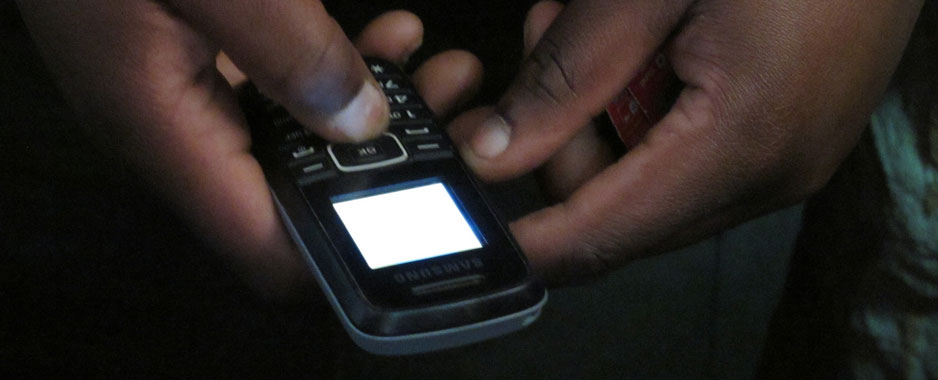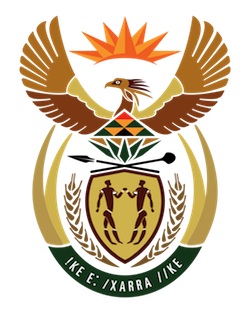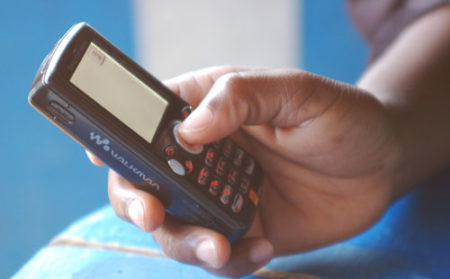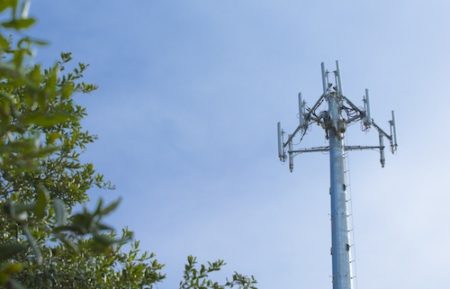Many countries in sub-Saharan Africa run the real risk of missing an International Telecommunication Union (ITU) deadline of June 2015 to complete migration from analogue to digital terrestrial television. This will come at an opportunity cost
Browsing: GSMA
Cellular industry body, the GSM Association, says that by the end of the year it expects there will be 3,2bn mobile phone subscribers worldwide, a huge reduction in its previous estimates. The new numbers suggest the adoption of mobile technology is not nearly as widespread as first
The Independent Communications Authority of SA’s (Icasa’s) proposals for licensing high-demand broadband spectrum are “fundamentally out of line with international best practice”, the GSM Association (GSMA) has warned in a submission to the authority. The GSMA is a powerful industry lobby group
The Independent Communications Authority of SA (Icasa) has surprised the telecommunications industry by announcing on Wednesday that it will publish a framework for licensing of spectrum in the 800MHz and 2,6GHz bands on Thursday and would
Further hold-ups in migrating from analogue to digital terrestrial television could have profound economic implications for SA and the sub-Saharan African region, new research from a powerful mobile industry lobby group shows. The picture it paints is clear: further delays
The department of communications has withdrawn the controversial Electronic Communications Amendment Bill, just weeks after critics warned it undermined the independent broadcasting and telecommunications regulator and could face
The GSM Association, an influential industry body that represents most of the world’s mobile operators, has warned that centralising spectrum decisions in SA’s ministry of communications could result in spectrum being allocated to companies or government agencies that
The slow pace at which African countries, including SA, are moving to digital terrestrial television could have serious economic implications in the next few years. It could cost the continent significant economic growth. That’s the view of Peter Lyons, director
Africa is now the world’s second largest mobile market by connections after Asia and the fastest-growing mobile market in the world, according to the GSMA, and industry association. According to the new GSMA Africa Mobile Observatory 2011 report
The GSMA, a cellular telecommunications industry association, says there will be more than 500m broadband connections worldwide using third-generation mobile high-speed packet access (HSPA) technology by the end of this month. Also, the first 1m connections










